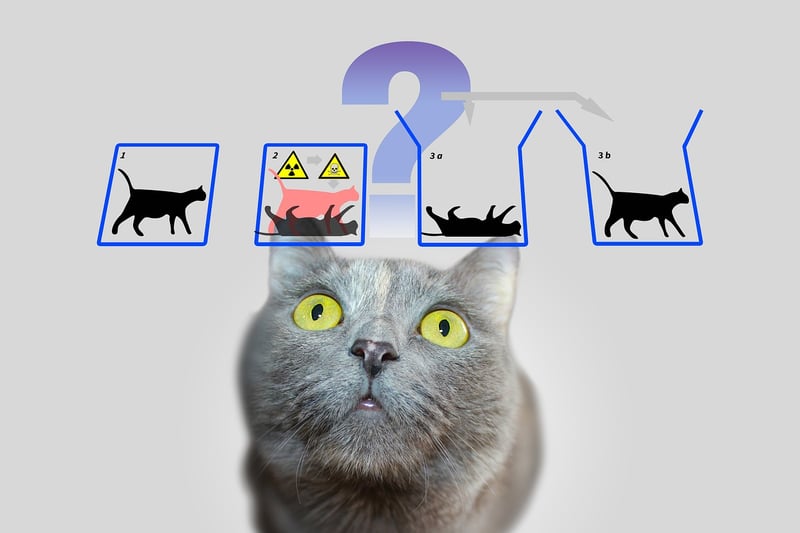Bootstrap Paradox
Exploring Consequences of Time Travel and the Bootstrap Paradox
Time travel has long been a fascinating concept in science fiction, allowing us to ponder the consequences of altering the past or influencing the future. One intriguing aspect of time travel is the Bootstrap Paradox, a theoretical paradox that raises questions about causality and the origins of information. Let's delve into the implications of time travel and explore the mysterious Bootstrap Paradox.
The Concept of Time Travel
Time travel refers to the hypothetical ability to move backward or forward in time, allowing individuals to experience events that have already occurred or are yet to happen. While time travel remains a theoretical concept, it has captured the imagination of people around the world and inspired countless works of fiction.
Consequences of Altering the Past
One of the primary consequences of time travel is the potential to alter the course of history. By changing events in the past, time travelers could create paradoxes, alternate timelines, or even prevent their own existence. The classic example of this is the grandfather paradox, where a time traveler goes back in time and prevents their grandfather from meeting their grandmother, thereby erasing their own existence.
The Bootstrap Paradox
The Bootstrap Paradox, also known as a causal loop, is a theoretical paradox that occurs when an object or information is sent back in time and becomes trapped in an infinite cause-and-effect loop with no discernible origin. In essence, the object or information exists without ever being created, leading to questions about its creation and existence.
One famous example of the Bootstrap Paradox is the scenario where a time traveler goes back in time and gives a famous author a copy of their own book. The author then publishes the book under their name, leading to the question: who originally wrote the book if it was passed from the future?
Implications of the Bootstrap Paradox
The Bootstrap Paradox challenges our understanding of cause and effect, suggesting that information or objects could exist without a clear origin. It raises profound questions about determinism, free will, and the nature of time itself. While the concept is a staple of science fiction, it prompts us to consider the complexities of time travel and the mysteries that it may entail.
Conclusion
Time travel and the Bootstrap Paradox offer a glimpse into the intricacies of causality and the repercussions of altering the past. As we continue to explore these concepts in fiction and theoretical physics, we uncover new layers of complexity and wonder about the nature of time and existence.

Time travel remains a captivating subject that challenges our perceptions of reality and raises thought-provoking questions about the fabric of the universe. Whether as a source of entertainment or a philosophical inquiry, the exploration of time travel and its consequences continues to captivate audiences and researchers alike.
